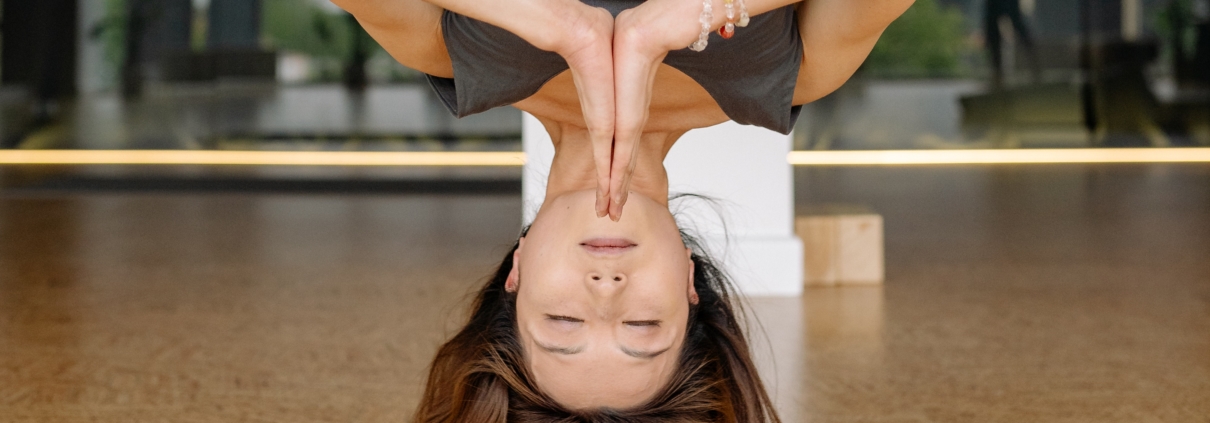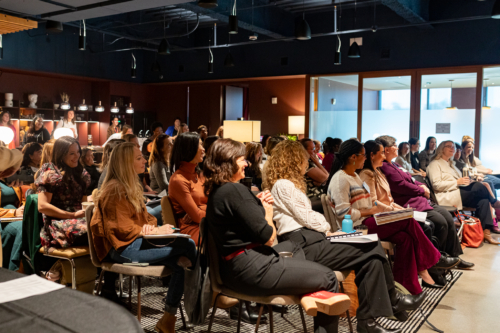Beyond Burnout: How Hustle Culture Impacts Our Health
By Jane Sagui, Co-founder of Pollie, a women’s health startup that provides personalized care for complex female health issues
In the past several years, hustle culture has begun to lose some of its luster. This is something I’m beyond thrilled about, as rise-and-grind mindsets have undoubtedly contributed to widespread stress, burnout, and malaise.
As the founder of a female health startup that helps menstruating people better manage complicated health issues like hormone imbalances, autoimmune conditions, gut disorders, and more with personalized lifestyle interventions, spreading the good word of why stress is so harmful is something I feel really strongly about. Burnout is harmful to not just our quality of life and our work performance, but our health, and the research shows stressful lifestyles can lead to both acute and chronic illness.
When I was growing up, I (thought) I thrived on stress. I went to a competitive high school that fed me into a competitive university and by the time I was entering my second semester of freshman year, my body started rebelling. I started losing my hair and developed cystic acne, irregular periods, and insomnia – all for the first time in my life.
I was diagnosed with polycystic ovary syndrome, or PCOS, a common chronic condition and hormone imbalance that impacts 10% of menstruating people. Although a majority of PCOS cases are caused by an underlying metabolic imbalance called insulin resistance, my bloodwork indicated that my specific case was caused by high levels of cortisol (the “stress hormone”) and subsequent inflammation.
In other words, stress was causing my chronic condition.
Herein began my journey with unpacking my relationship with stress. My doctors told me to take things off my plate, and after several months of heeding their advice, my symptoms started to improve.
Everything I thought I had learned about managing stress as a student was thrown for a loop when I entered corporate America. My first job out of school was as a management consultant, and I found myself working 15 hour days and traveling from New York to California every week. And my second job at a venture fund, while more flexible, still required me to drive 3 hours roundtrip from San Francisco to Palo Alto. My PCOS symptoms, in addition to other physical issues, would return haphazardly during busy periods of both of these jobs.
I ignored the physical cues and assured myself I was thriving in these environments, and on the surface I was. But in hindsight I had become so blinded by a “hustle culture or die” attitude, which people in my circles and the media only fortified, that I was just continuing to barrel down a path that others said was “good” for me without considering if this was best for me, or what I even wanted.
And because I was so exhausted, I had no time – or energy – to even question if this lifestyle was one that I wanted.
It was not until my co-founder and I started Pollie in 2020 that I realized how burned out I actually was. Despite having found myself drawn to founder culture for years, which was flush with people bragging about how much they work and little they sleep, lockdown allowed me to (truly) just focus on work and taking care of myself. Such a limited way of living is not sustainable or realistic for the long term, of course, but the early days of Covid were instrumental in me realizing how much I had been hindering my creativity, ability to think critically, and relationship with myself by skimping on sleep, saying “yes” to everything, and working unnecessarily long hours out of a desire to show everyone else that I was working hard!
I have not once fulfilled the PCOS diagnostic criteria since starting to work for myself. I set my own hours, take vacation when I want to, and put my notifications on Do Not Disturb at night and on the weekends. I realize all of this is a privilege, and I still struggle with work boundaries even if just mental. But the awareness that I am not just more productive but more fulfilled when I take rest seriously is a truth I will forever come back to.
So, as we close out Stress Awareness Month in April, let’s re-evaluate the sustainability of our schedules and stress levels. If you are in control of your work schedule, prioritize rest just as you would with any other time on your to-do list. And if you manage others, cultivate a culture that encourages your team to prioritize their own mental health and recovery. Hustle culture can’t exist without burnout, and it’s time we collectively re-assess which sort of working styles we want to be aiming toward.





